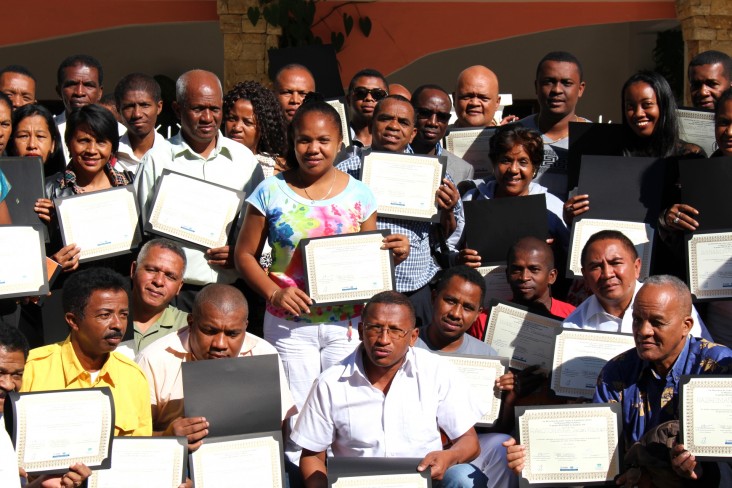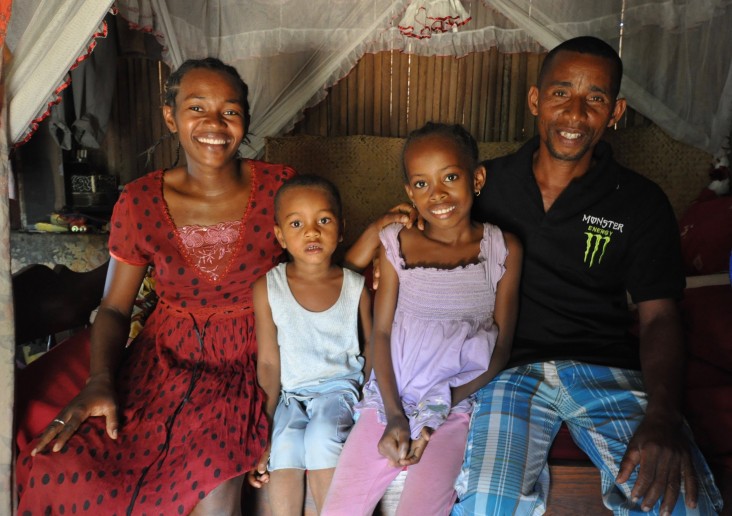Press Release Shim
Speeches Shim

The PMI Measure Malaria project will strengthen collection and analysis of public health data in Madagascar
For Immediate Release
ANTANANARIVO — The United States Government, through the United States Agency for International Development (USAID) and the President's Malaria Initiative (PMI), in partnership with Madagascar’s Ministry of Public Health (MOPH), is officially launching the PMI Measure Malaria project to build up the national health information system and combat malaria in Madagascar.
Funded by USAID and PMI, PMI Measure Malaria is a five-year project operating in 10 countries across Africa, including Madagascar. In the current year, the U.S. Government is contributing nearly $1.5 million to implement activities here.
The PMI Measure Malaria project will help the MOPH collect, analyze, and use data on malaria, family planning, and maternal and child health. The main objective of the project is to help the MOPH improve and expand Madagascar’s national electronic health information system, known as DHIS2 (District Health Information Software 2).
MOPH uses DHIS2 to collect and analyze field data from health care workers across Madagascar to identify health care trends, progress, and needs.
PMI Measure Malaria will also support the development of tools to better visualize and analyze the information in DHIS2. This is critical for a productive health care system because more reliable and accurate information allows for better decision making.
“Smart public health decisions require access to good data,” said USAID Mission Director John Dunlop. “Our work under the PMI Measure Malaria project will provide more accurate and precise data, so Madagascar's health authorities can make data-driven decisions.”
PMI Measure Malaria continues the work of the U.S.-funded MEASURE Evaluation project, which ended in March 2020. Under that project, the MOPH, with the support of USAID and PMI, developed the current national health information strategic plan and established the national electronic health information system that is now fully functional across all health districts in Madagascar. MEASURE Evaluation also trained more than 200 district managers in surveillance, monitoring, and evaluation for malaria care.
PMI Measure Malaria will work in close collaboration with the following MOPH departments and programs: Directorate of Studies, Planning and Information System (DEPSI), National Malaria Control Program (PNLP), Directorate of Health Surveillance and Epidemiological and Response Surveillance (DVSSER), Directorate of Family Health (DSFa) and Directorate of the Expanded Program on Immunization (DPEV).
The PMI Measure Malaria project is led by the University of North Carolina at Chapel Hill and is being implemented in Madagascar by ICF Macro, Inc. and John Snow Inc.


Comment
Make a general inquiry or suggest an improvement.